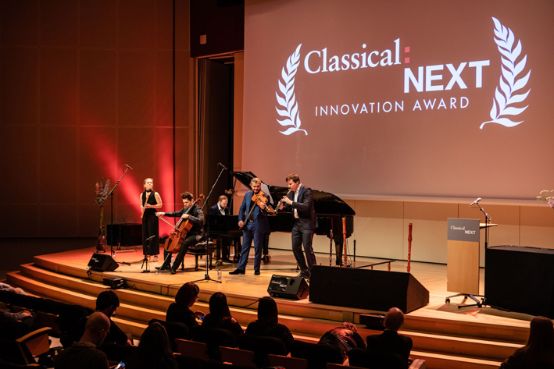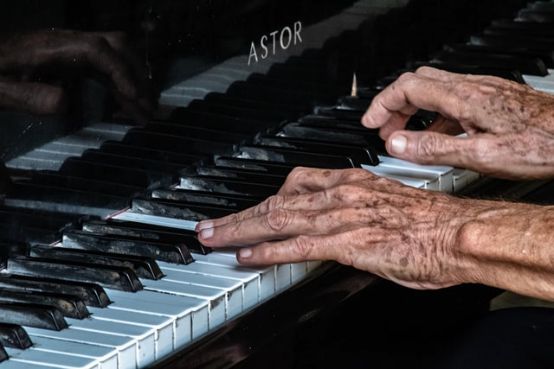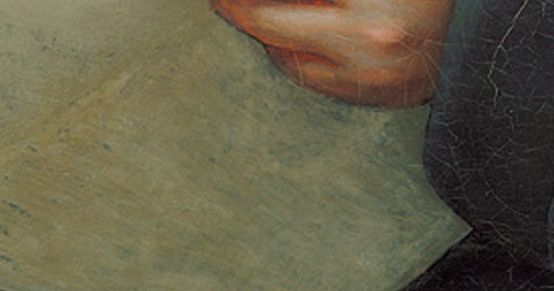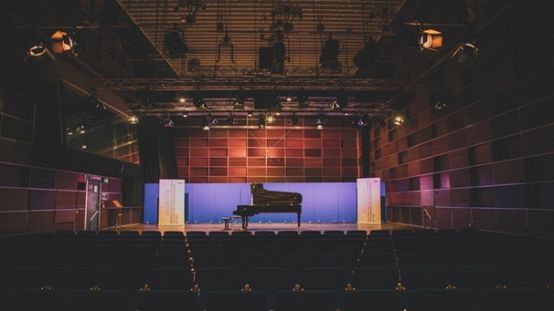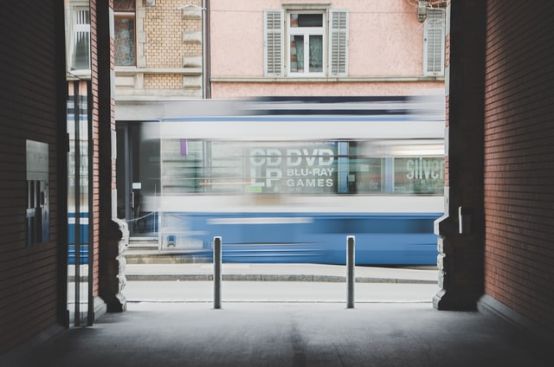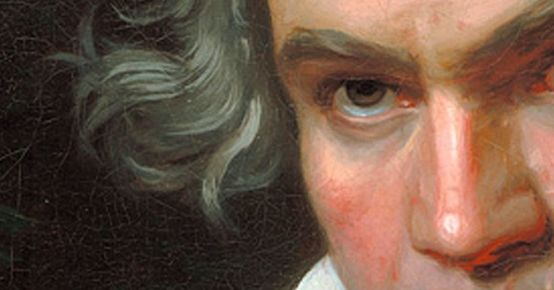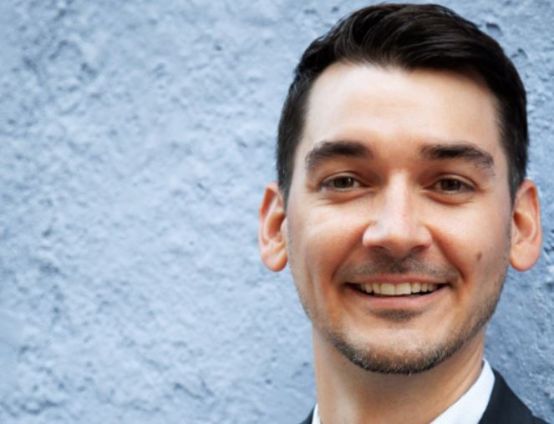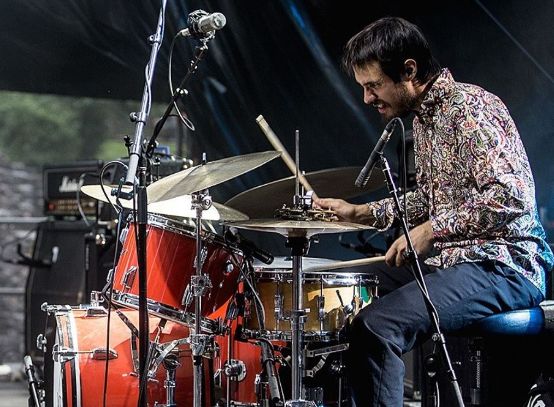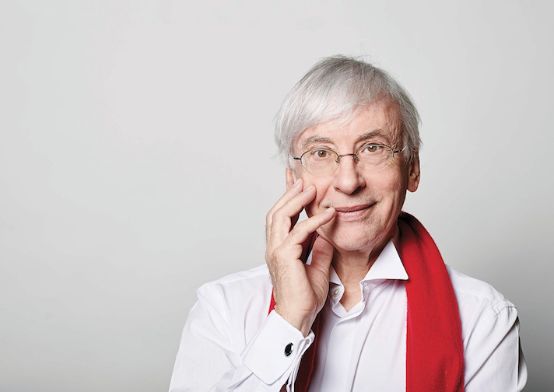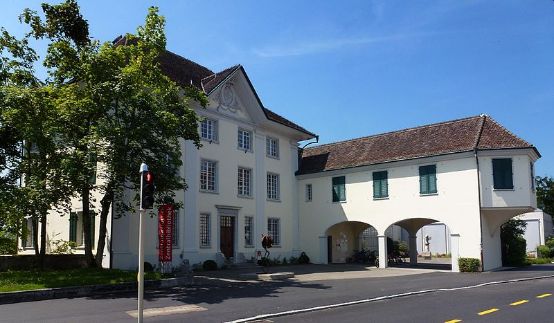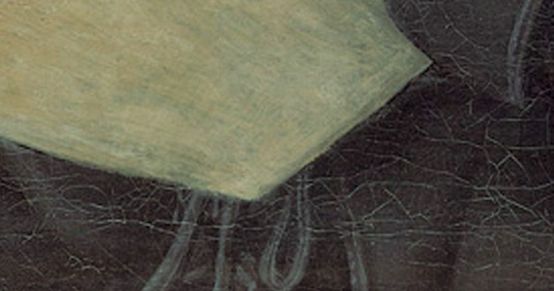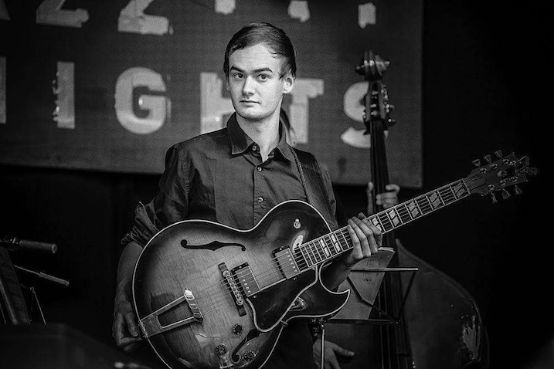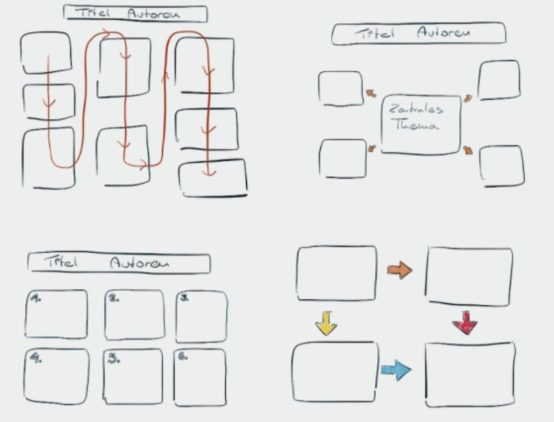It must be strangely touching that Beethoven was working on another composition at the same time as the 4th Symphony, with which he opened up completely different, new spheres of expression. For the 5th Symphony virtually rises above the previous genre tradition in several respects. Firstly, Beethoven expands the orchestration in the finale, which was definitely worth mentioning in a letter to Count Franz von Oppersdorff (to whom the 4th Symphony is dedicated): "The last piece of the symphony is with 3 trombones and flautino Piccolo flute - not 3 timpani, but will make more noise than 6 timpani and better noise at that." Secondly, the scherzo and finale are formally linked, so that the scherzo with its shadowy transition to the radiant C major of the last movement seems like an oversized introduction. Beethoven repeats this astonishing effect again at the beginning of the recapitulation, which even Louis Spohr, who was otherwise reserved in his approach to the work, found deeply respectful: "The last movement with its meaningless noise is the least satisfying; the return of the scherzo in it, however, is such a happy idea that one must envy the composer. It is of ravishing effect!" Thirdly, it is the radicalism with which Beethoven begins the first movement: not with a slow introduction, not with a fully formulated thematic shape, but simply with an archetypal motif consisting of two notes and four, whose impulse of movement is already stopped by a fermata in the second bar, but which is present in almost every bar of the movement.
However, with this symphony, Beethoven not only introduced a new concept to music, but also paved the way from Viennese Classicism to musical Romanticism. E. T. A. Hoffmann recognized this as early as 1810 in his General Musical Newspaper published a landmark review of the work: "Beethoven's instrumental music also opens up to us the realm of the monstrous and immeasurable. Glowing rays shoot through this realm of deep night, and we become aware of giant shadows that rise and fall, enclose us tighter and tighter and destroy everything in us except the pain of infinite longing .... Mozart draws on the superhuman, the marvelous, which dwells in the inner spirit. Beethoven's music moves the levers of awe, fear, horror and pain and awakens that infinite longing which is the essence of Romanticism. Beethoven is a purely Romantic (and therefore a truly musical) composer."
The autograph, with its numerous deletions and revisions, shows that the sublimity described here was associated with hard work for Beethoven. Leonard Bernstein demonstrated this impressively in a legendary television program in 1954. Link to the video. With these insights into Beethoven's writing desk, the much-heard first movement can also be experienced anew.
The autograph of the 5th Symphony is in the possession of the Staatsbibliothek zu Berlin - Preußischer Kulturbesitz and can be browsed through online (the various deletions at the end of the first movement can be found on pp. 82-86). Link to the autograph.
